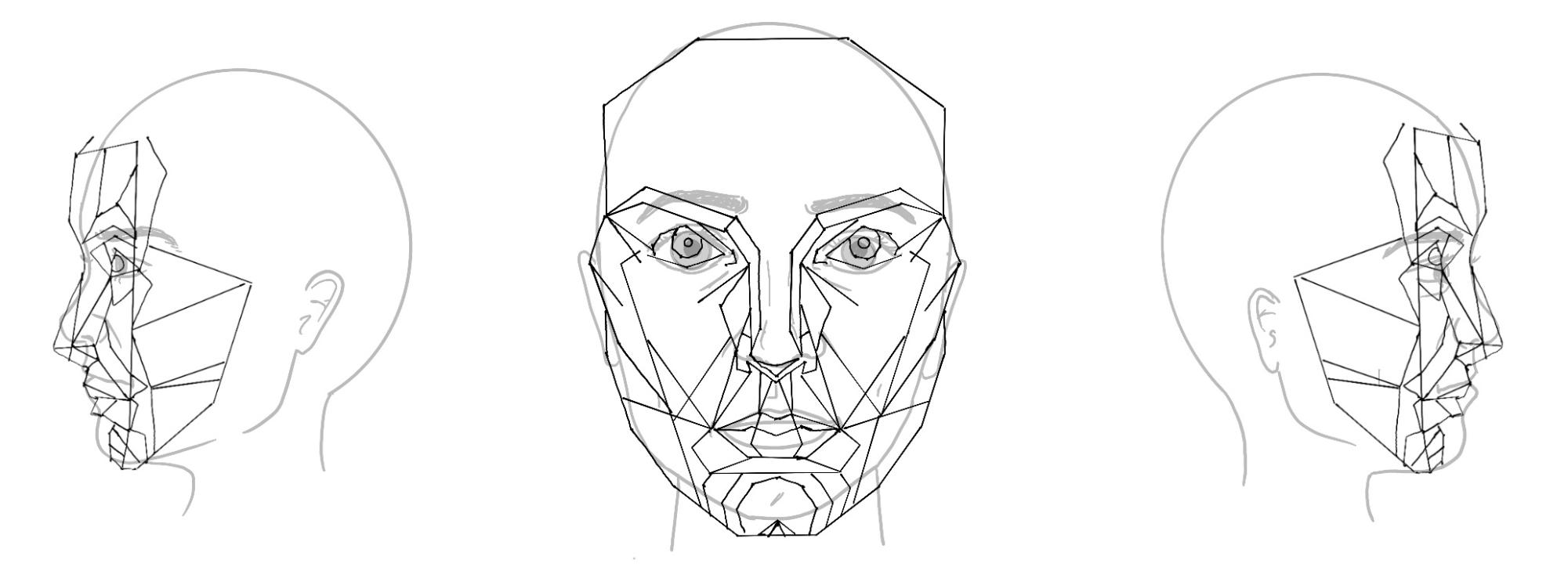
In high school, a peer’s off-hand comment about junior Amelia Leach’s skinny upper lip planted a seed of insecurity. Ever since then, she’s been insecure about her lip size and decided that once she turned 18 she would get lip filler.
Fast forward to winter 2023, and Leach now has the financial means and legal freedom to go through with it.
Despite her mother’s disapproval, Leach says she decided to get a single injection in her upper lip. It only took a few minutes before she was back in her car heading back home. Her mom couldn’t help but notice the aesthetic improvement.
“I came home and she was like, ‘Wow, it looks really good. You did not go too crazy, it’s the perfect amount of subtle and it looks really good. Just don’t get any more.’ Everyone said it looks great, but don’t get any more. They were scared of me becoming a Kylie glambot,” Leach said.
We know that our appearances play a major role in society. Attractive people have better career prospects and they have an easier time making friends and attracting potential mates. We know how important our looks are and it ends up fueling or draining our self-esteem. So if we can alter our appearances to improve these aspects of our lives, why wouldn’t we?
Associate Dean for Academic Affairs and Professor of Sociology Helen Kim studied beauty practices in Korean-American women in her dissertation. She questions when cosmetic procedures are rooted in personal benefits or a desire to conform to social standards of beauty.
“Does the procedure ultimately provide physical and emotional benefits or are folks just caving into oppressive societal norms and unrealistic standards of beauty?” Kim said. “Are folks who elect to go through these procedures exercising agency in creating the body that they truly want and perhaps resisting power over them or are they just succumbing to cultural expectations that are unattainable?”
Changing our appearance feels empowering. We feel in control of how people perceive us, which increases our confidence. This is the emotional benefit that Kim notes. But this desire to feel more confident is intertwined with fitting into society’s unrealistic beauty standards, which women bear the brunt of.
“It’s hard to divorce cultural norms/social expectations from the individual choices that people make to alter their appearance,” Kim said.
Following the prick in her lip, Leach felt a renewed sense of confidence.
“I do feel a lot more confident after. I feel like it doesn’t look fake at all,” Leach said. “It’s like mascara for my lips because it gives it that pop, that look that I didn’t have before.”
The change feels very minor to Leach and the people around her. She said her friends and extended family didn’t notice until she pointed it out. In about six to 12 months, the fluid will dissolve. Maybe Leach will get another injection, or maybe it’ll be a one-off experience.
Leach was afraid to have her name on the article, knowing that people would be judgmental of her choice to get the injection. There’s an aspect of social shame that comes with the lengths people go to to change their appearance. There is a broad spectrum of changes, from small things like putting together a fashionable outfit, to bigger things like getting a Brazilian butt lift. The more extreme the change, like the time, money and effort that goes into it, the more stigma it carries.
“Part of why I’m not being anonymous in this is because I think people need to be honest about it,” Leach said. “If we’re doing it, we should own it. I wish celebrities and everyone else would be honest about it.”
Leach noted that the more common plastic surgery becomes, and as the procedures advance, the standard of beauty can change.
“Why as a society do we care so much about our appearance to the point where we are going to stick needles in our face and even more than that? Why is this what our energy is going to? And not everyone can afford them,” Leach said. “Not everyone can afford to [make physical changes] so it’s a beauty standard that only some people can participate in.”


julie carter • Feb 15, 2024 at 7:17 pm
So much shame!
Society shames us if we do not conform to an ideal that few can attain.
We are shamed for having the hurt feelings for not measuring up when it is pointed out in obvious and more subtle ways. Shamed for wanting to change our appearance as in “you should be more confident that you don’t need to change your body”.
Paradoxically, shamed for conforming to the ideal with cosmetic surgery.
Shamed about too much surgery.
With all this shame it is hard to know what one wants for themselves. Certainly there are people who change their bodies with cosmetic surgery and they feel much more confident. Sadly, their are many who hope cosmetic surgery will fix a defective or inadequate sense of self and it does not change their self-esteem. Women largely feel the pressure to conform but more and more men are feeling it too. This opinion feels like a companion piece to the one on gossip by the same author. I believe the shame in our culture would reduce if people stopped commenting on other people’s bodies and stop gossiping.